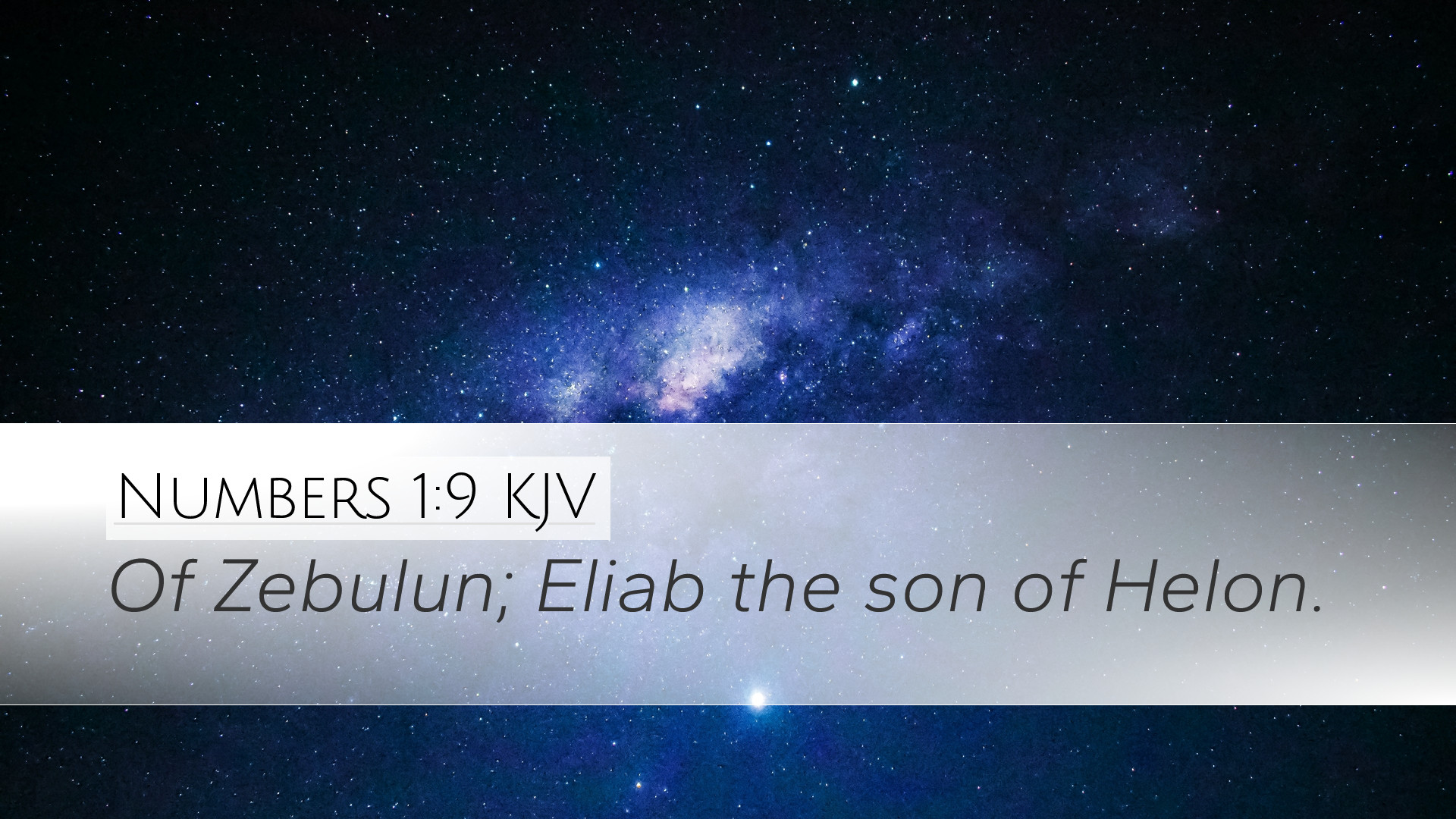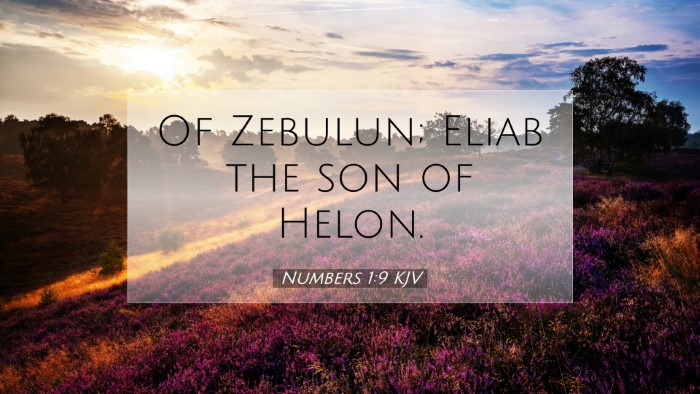Commentary on Numbers 1:9
Numbers 1:9 states:
"The children of Judah were three score and fourteen thousand and six hundred." (Numbers 1:9, KJV)
Introduction
This verse, positioned in the book of Numbers, serves as a pivotal part of the ancient counting of the Israelites as they assembled in the wilderness. The significance of this verse cannot be overstated, as it lays the groundwork for understanding the structure, organization, and divine guidance present within the Israelite camp. The purpose of this commentary is to delve deeper into the text using insights from notable public domain commentaries, highlighting themes relevant to pastors, students, and scholars.
The Context of Numbers 1
The opening chapters of Numbers introduce a census of the Israelite tribes. This initial listing not only establishes order but also reflects God's covenant promise to Abraham, Isaac, and Jacob. As noted by Matthew Henry, this moment marks an organizational step forward for the Israelites as they prepare to enter the Promised Land.
- Divine Command: The count occurs under divine instruction, showcasing that God is deeply involved in the affairs of His people.
- Preparation for Warfare: As noted by Albert Barnes, the enumeration of the tribes is crucial as Israel prepares for its journey and the battles that lie ahead.
The Tribe of Judah
Judah's prominence in the census is particularly significant. Matthew Henry emphasizes that the tribe of Judah was revered as the royal tribe, from which King David and ultimately Jesus would come. Their number being reported as "three score and fourteen thousand and six hundred" not only highlights their strength but also foreshadows their leadership role within Israel's future.
- Symbolism of Numbers: The total of 74,600 might symbolically represent completeness and the readiness to fulfill God's purposes. Adam Clarke expresses an idea that biblical numbers often carry spiritual meaning beyond their face value.
- Judah’s Blessing: Reflecting on Jacob's blessing (Genesis 49:8-10), the positioning of Judah as a leader among other tribes is underscored - solidifying their status as the tribe from which Israel’s kings would arise.
Applications for Today
For contemporary readers, especially pastors and theologians, Numbers 1:9 invites reflection on leadership and community structure within the church. The early organization of the Israelites can draw parallels to how modern church communities approach leadership and governance.
- Leadership Structures: Just as Judah held a central leadership position, churches today must discern who among them is called to lead in various capacities, ensuring that such leadership aligns with biblical principles.
- Divine Order in Community: The census teaches that God desires order within His people, which is vital in today’s chaos. Leaders should foster environments where God’s will can be discerned and followed.
The Importance of Counting
The act of counting in scripture often serves deeper purposes. Both Barnes and Henry discuss how each individual's contribution to the community is recognized and how such acknowledgment fosters unity. This echoes God's intimate knowledge of His people as seen in Psalm 139:1-4.
- Individual Value: Each person counted represents a unique role in the body of Christ, reminding scholars and ministers to appreciate and nurture the gifts within their congregations.
- God’s Sovereignty: The careful tally of the tribe of Judah reflects God's sovereignty over His people. It reinforces the idea that every member plays a role in God’s ultimate plan.
Conclusion
Numbers 1:9, though simple in its numerical presentation, encapsulates profound truths about identity, leadership, and divine purpose. The insights drawn from the commentaries of Henry, Barnes, and Clarke deepen our understanding of Israel's history and God’s faithfulness to His people. It encourages modern readers to consider their place within the community of believers and the broader divine narrative.


